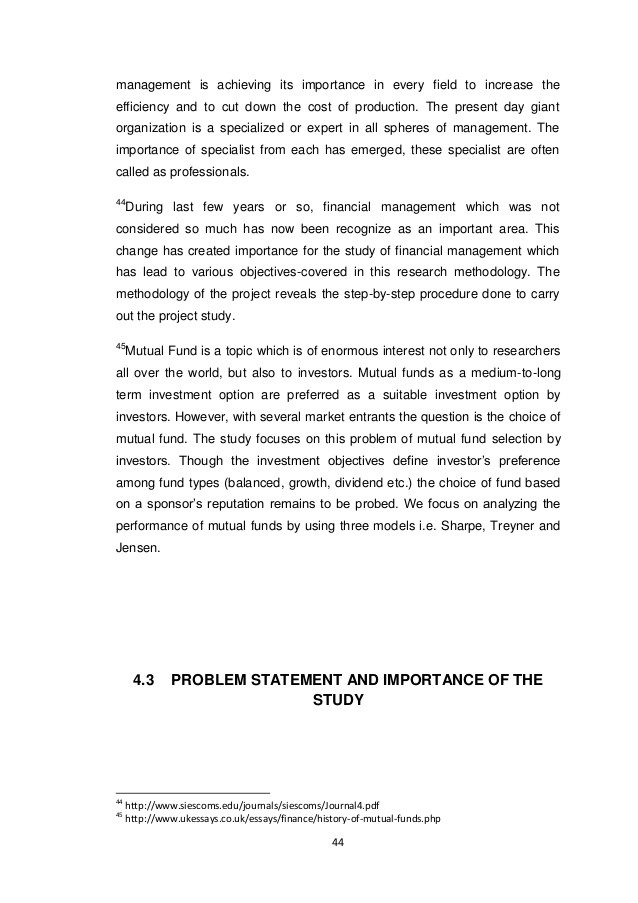How I Evaluate A Mutual Fund Before Investing In It
Post on: 2 Апрель, 2015 No Comment

I have five things that I look for when evaluating a mutual fund to see if I want to invest in it. Ill outline the five criteria that I look for when evaluating a mutual fund to know if I should invest in it. Here are those five criteria:
- The Investment strategy of the fund. Before you invest in a mutual fund, you need to have a clear understanding of their investing strategy for the fund. You need to know if it invests in growth company stocks, value company stocks, bonds, or a mixture of both. I like investing in growth stock mutual funds such as Small CAP and Mid CAP funds that invest in smaller companies with huge growth potential. These stocks generally carry a higher risk, so think twice about investing in these if you are not looking to invest in the fund for at least five to ten years. But, they also carry a higher rate of return on your investment given the higher risk. Im 26, and Ive explained in the past that you should invest based on your personal situation. If you are younger, you can afford to take a higher risk, but if you are nearing retirement, you want to be more conservative with your investing.
- The 5 and 10 year track record. Dont even bother looking at the 1 year and 3 year rate of return on a mutual fund. The way 2008 is going, no fund is going to do as well as it did in 2006 or 2007. If you are investing in the stock market for the long-term, which is the safest approach to stock market investing, pay the most attention to the funds rate of return for 5 years and 10 years.
- The longevity of the fund. The older the fund, the more safe you can feel about investing in that fund. It will have a much more proven track record, and the personnel and investing strategy must be doing something right since its lasted so long.
- The expense ratio. One of the biggest criticisms about mutual funds is the high fees and expenses associated with buying and selling them. Youre paying for the salary of a fund manager and all of his or her staff, so the fees are higher. However, contrary to what some personal finance bloggers believe, I believe you can find plenty of mutual funds that beat the dow jones and SP 500 to justify the higher fees than that of an index fund that typically matches the return of stock market average. Look for an expense ratio on a mutual fund thats less than 1 percent, preferably near the .5% range.
- Check into recent changes in the funds operations. This one is more about intuition and less about the numbers. If you see that a fund just had its fund manager and others quit or get fired, it might be a sign that things are not going well for that fund and you should stay away from it. Look for a fund with a fund manager who has poured their life and expertise into making that fund succeed with the shareholders best interests in mind.
My disclaimer is that since this is investing advice, dont take my advice as the gospel. I dont want someone saying that they followed these steps and picked a horrible mutual fund. In my opinion, you WILL find a good mutual fund if you follow these steps, but the best thing to do is formulate your own strategy for picking a fund. If you want to steal some of these ideas, feel free to do it, but dont hold me to it! There are mutual funds out there that kill the stock market averages, so dont let higher fees keep you away from them. Just stay away from the ones with S&P like returns and high fees. Youd be better off investing in a money market fund.
This blog is a community of readers, so please feel free to support or shoot down my criteria for picking a mutual fund and be sure to share your thoughts and ideas as well.














